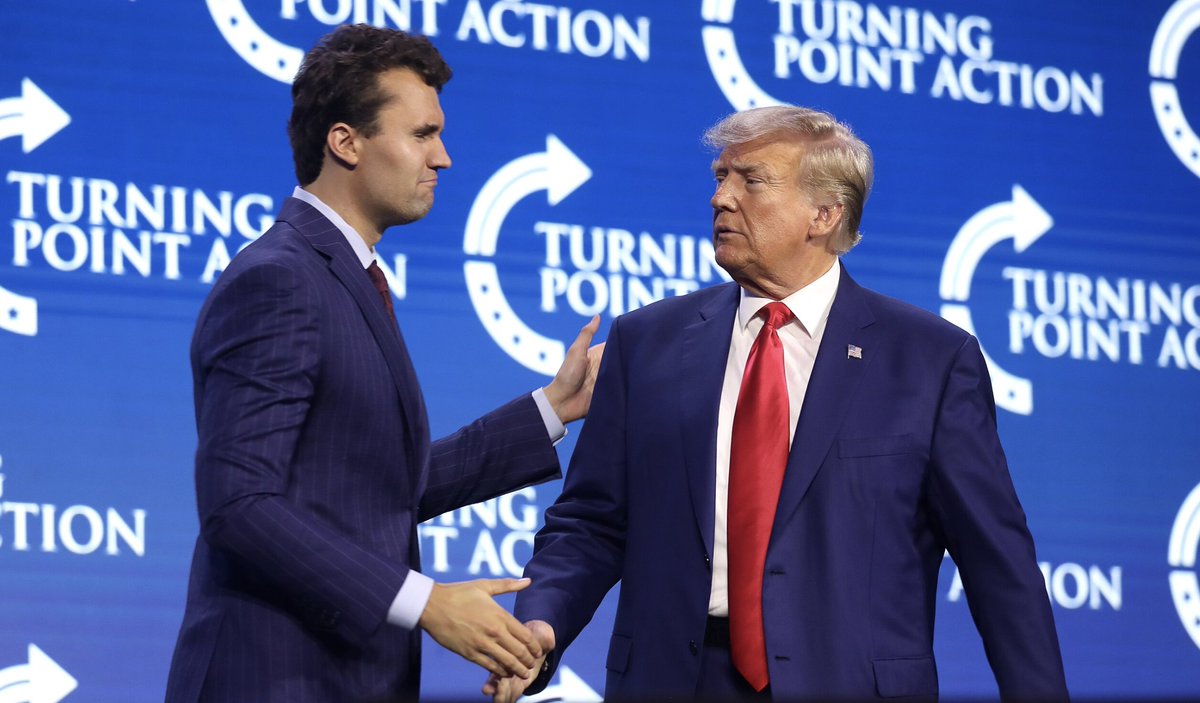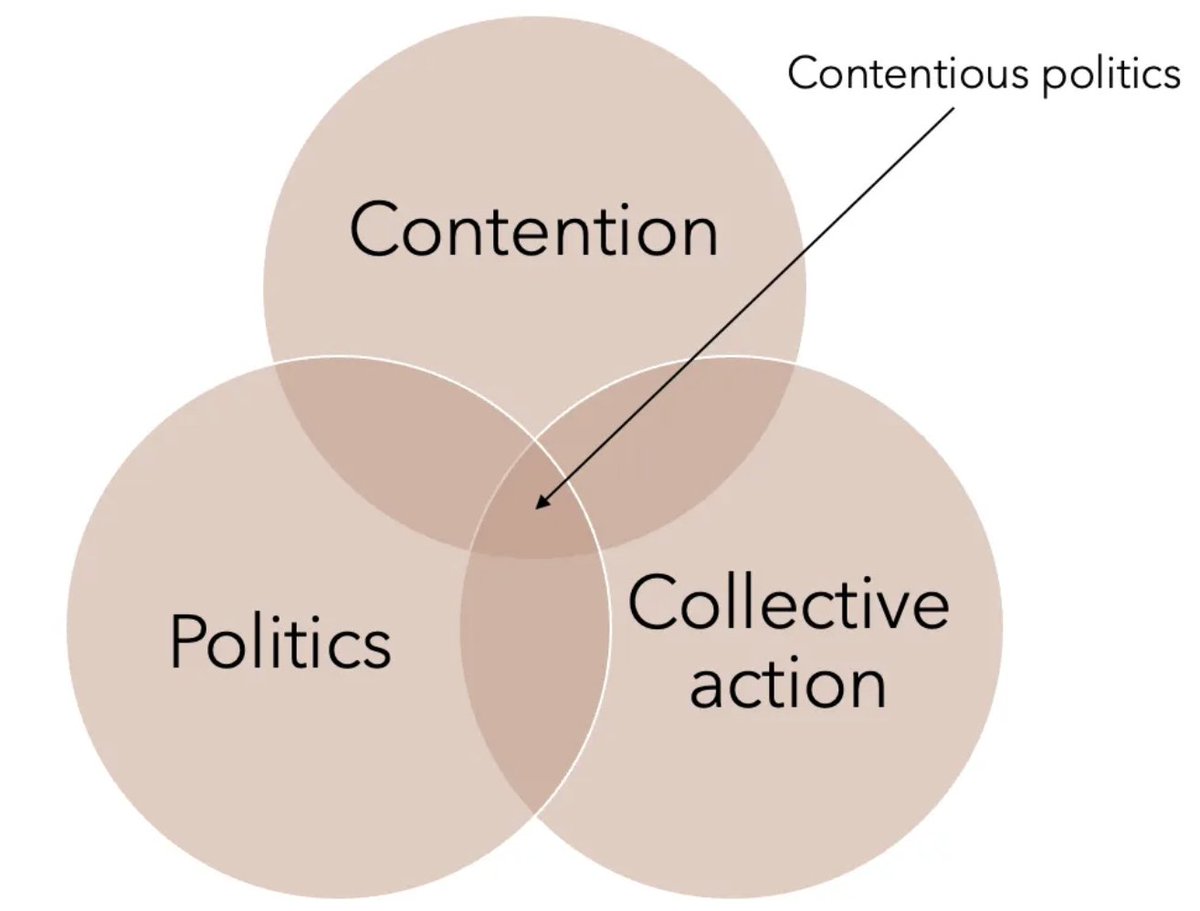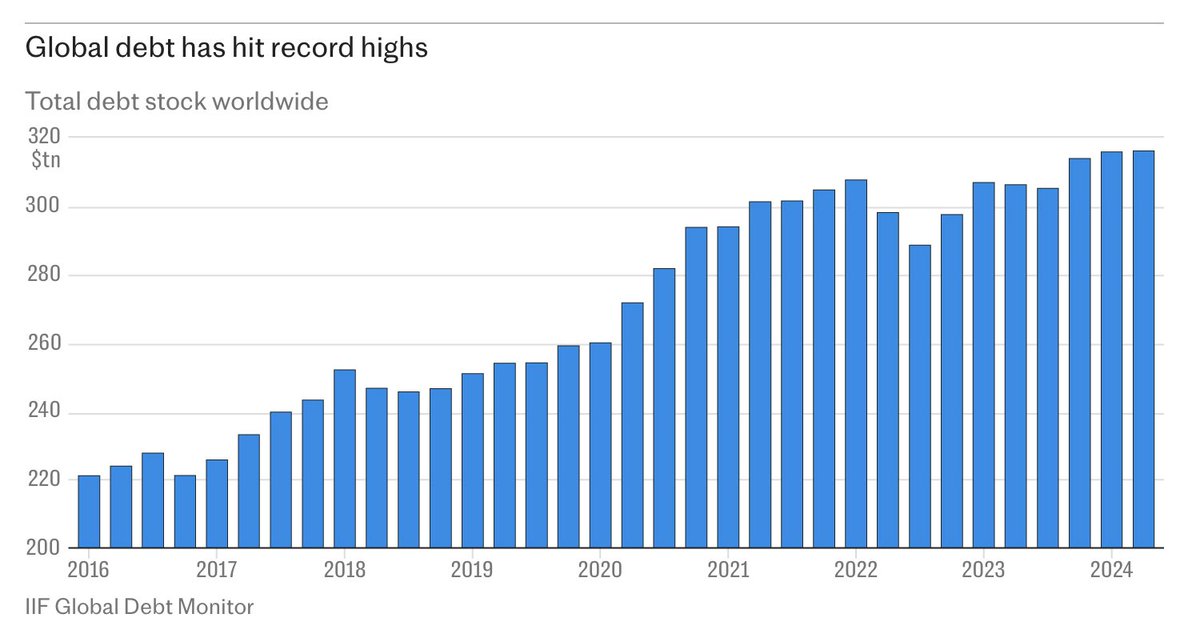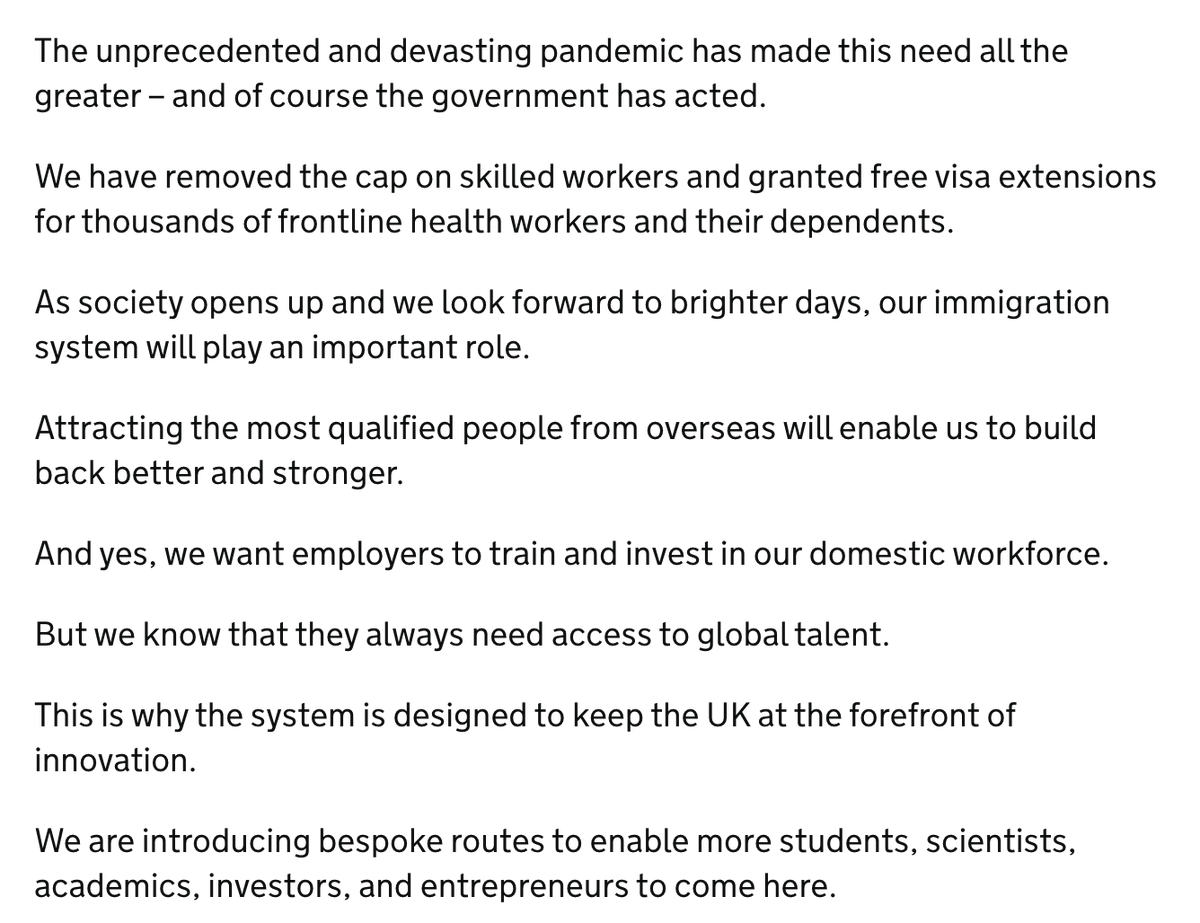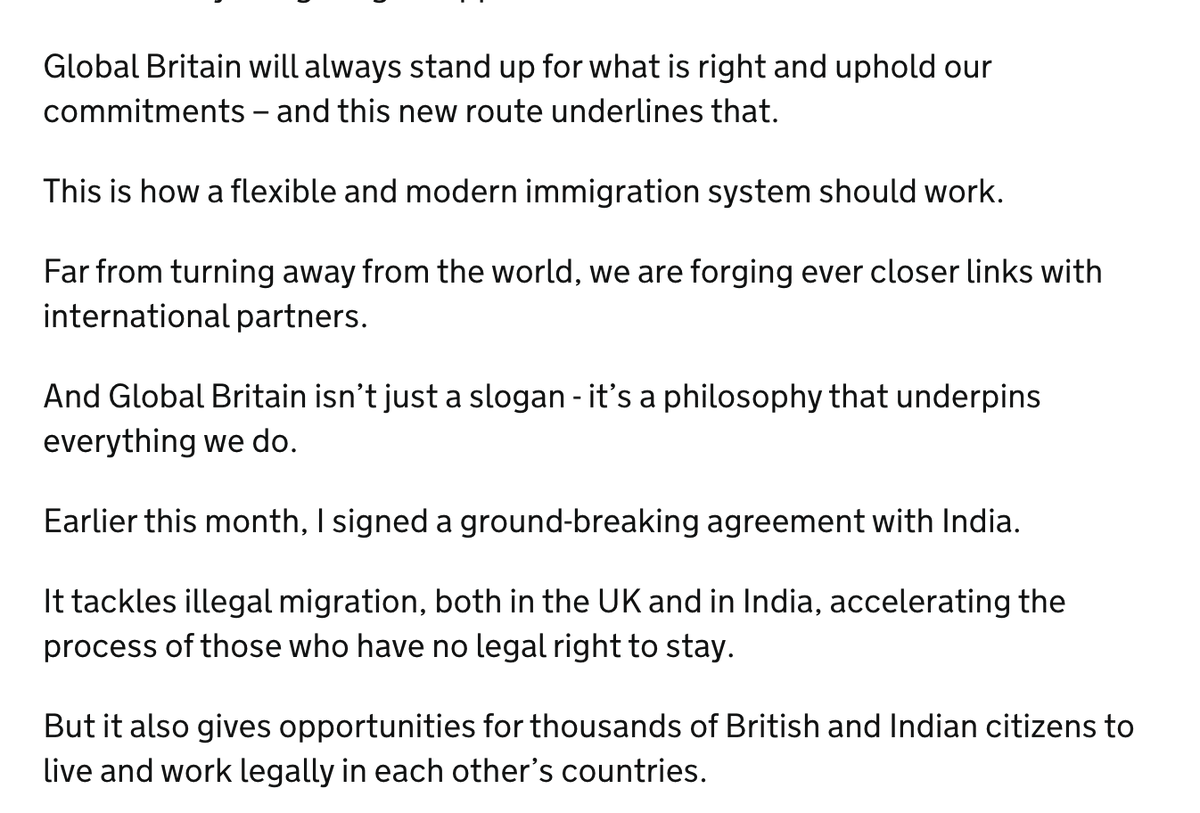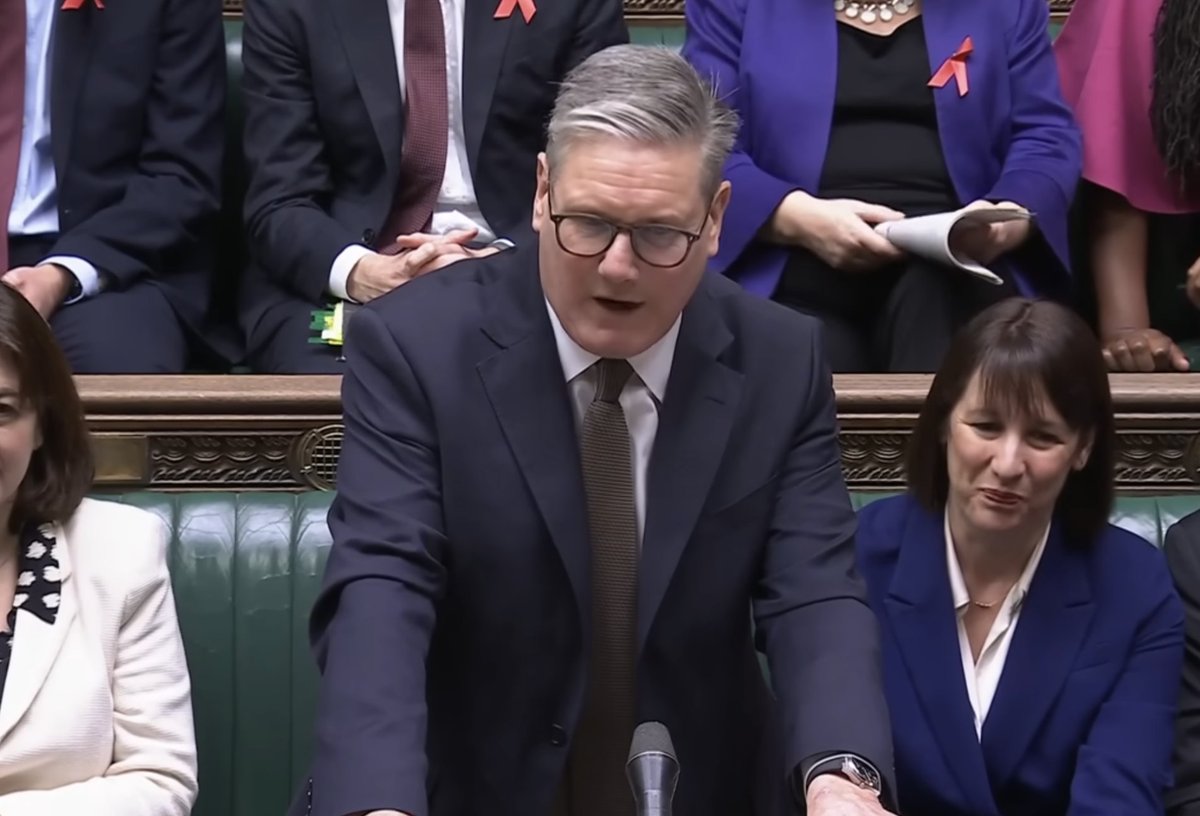The situation for the Conservative Party is worse than you think. The difficulty lies, however, in explaining how serious it is without falling into the language of hyperbole. So, I shall simply list some developments as dispassionately as I can.
🧵
🧵
1./ Lifting the UK’s chronically poor productivity has been the goal of successive Tory governments but it has proved elusive.
By the end of 2019, it was 20% below the level it would have reached if it had continued on its pre-(financial) crisis path.
By the end of 2019, it was 20% below the level it would have reached if it had continued on its pre-(financial) crisis path.
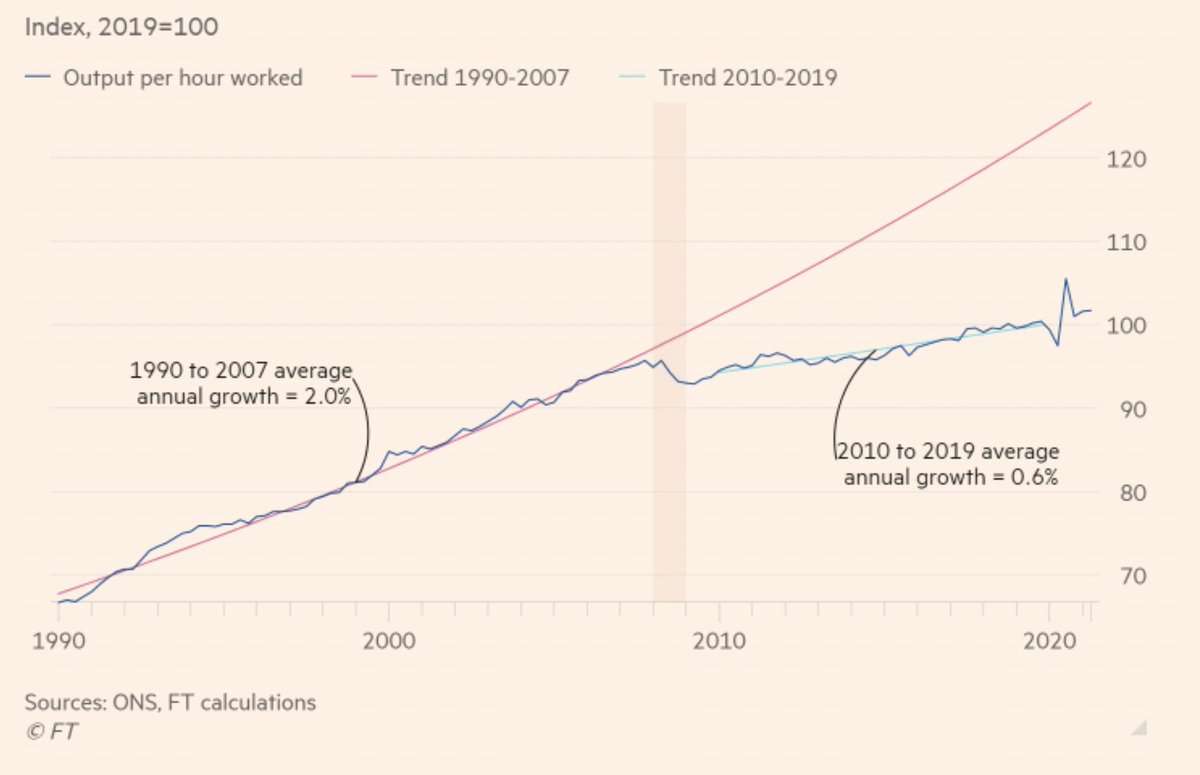
3./ Boris Johnson and Rishi Sunak have announced tax rises worth 2% of GDP in just two years – the same as Tony Blair and Gordon Brown did in ten.
Source: ifs.org.uk/publications/1…
Source: ifs.org.uk/publications/1…

4./ The value of outstanding student loans at the end of 2020-21 reached £160 billion. The Government forecasts the value of outstanding loans to be around £560 billion (2019 20 prices) by the middle of this century. 
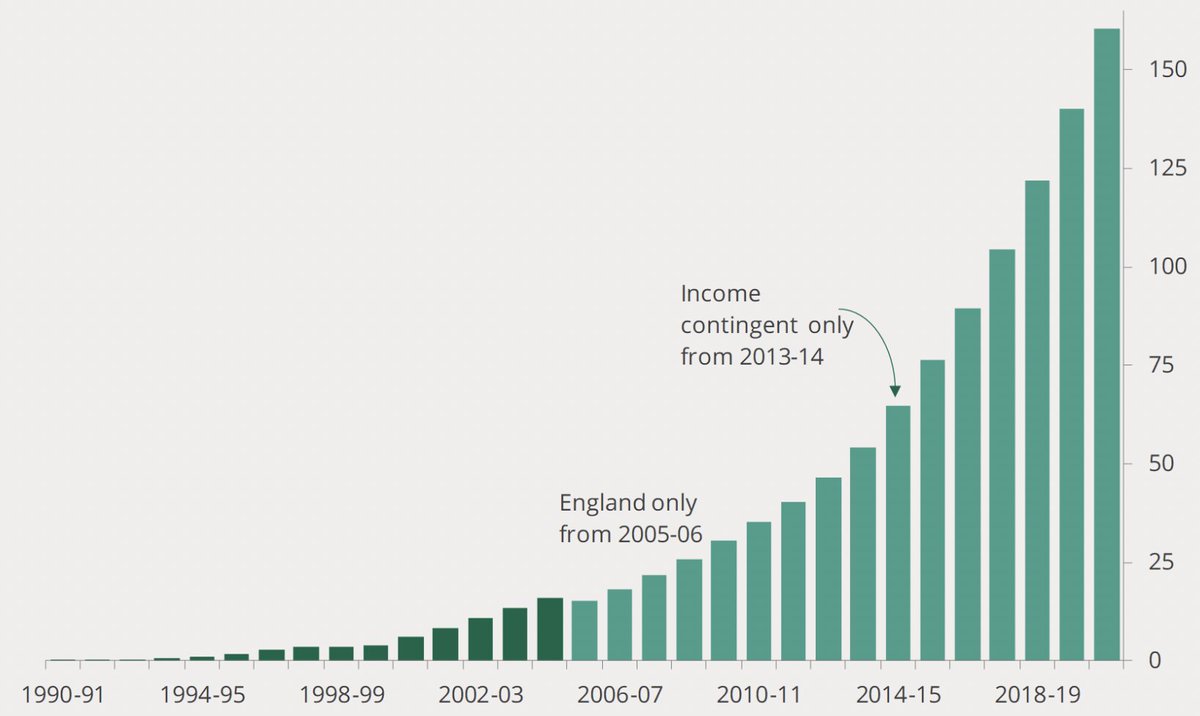
5./ The average house price is 65 times higher than in 1970 but average wages are only 36 times higher. 

7./ For the first time, half of women in England and Wales remained childless by their 30th birthday. 

8./ The IMF is warning that Britain faces the worst inflation shock of all major advanced economies over the next two years. 

10./ Comparison between weekly Universal Credit standard allowance in 2021/22 and £70 destitution threshold.
Source: trusselltrust.org/wp-content/upl…
Source: trusselltrust.org/wp-content/upl…

11./ Hundreds of Britons have launched crowdfunding campaigns to raise money for private medical expenses, frequently citing their desperation after spending months on NHS waiting lists. 

13./ In 2008, roughly 1 in 30 of the poorest UK households incurred catastrophic healthcare costs. By 2019, that had doubled to 1 in 14. 

14./ Inequality has risen again. The gap between the middle and wealthiest 10% has increased by £44,000 mid-crisis (on top of a £350,000 increase in the pre-crisis decade). 

• • •
Missing some Tweet in this thread? You can try to
force a refresh






